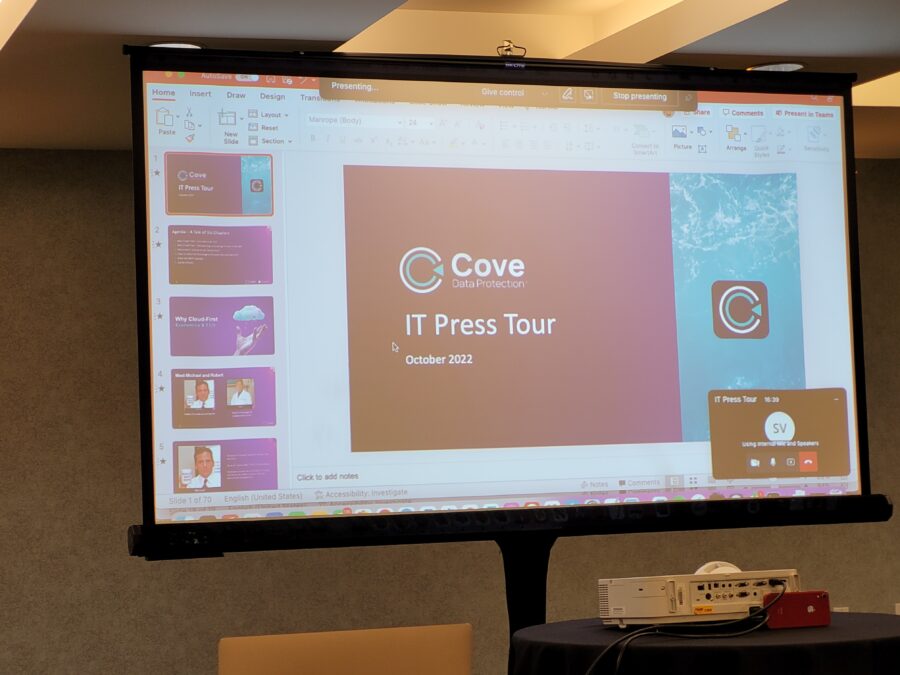A new industry survey has shown that a huge amount of businesses do not have an adequate disaster recovery plan in place for their telecoms systems – despite 85% of those surveyed admitting their business would be damaged if their phone lines went down.
The study, conducted by Timico, the business internet, hosting and communications service provider, found that only 27% of the IT managers questioned had a disaster recovery solution in place for their phone lines. The findings have highlighted the startling amount of businesses failing to place importance on the security of their telecoms – despite it being a business critical application in a large number of cases.
> See also: 3 challenges facing a burgeoning telecoms market
David Hamer, Director of Unified Communications at Timico, said: ‘Businesses have been smart when it comes to putting a disaster recovery solution in place for their data – but have been a little more lax when it comes to backing up their telecoms solutions. This puts their organisations at unnecessary risk when you consider how many calls companies make and receive every day and the simple steps that can be taken to address the risk itself.
‘Take a medical centre or a taxi company, for example, whose phones ring off the hook during trading hours. Downtime would have serious consequences. In the case of health care, this could be costing lives, not just money. Not having a plan B could be catastrophic.’
The same Timico survey found that a staggering 54% of IT managers were unaware of the benefits of SIP technology as opposed to traditional ISDN lines, with 67% admitting they were not sure what SIP is, despite it being heralded as the next big shift in telecoms.
> See also: How to improve enterprise backup and recovery
David added: ‘Savvy businesses should recognise the importance of telecoms and should be providing the resource for their teams to explore new trends such as SIP technology. As well as offering greater resilience, flexibility and cost savings – SIP models offer excellent disaster recovery options – coupled with a 99.99% uptime rate.’
The cost savings of SIP are substantial too. A typical ISDN30 channel costs around £14.50 per month whereas a SIP channel comes in at around £3.50 per month; a £3,960 per annum saving.







